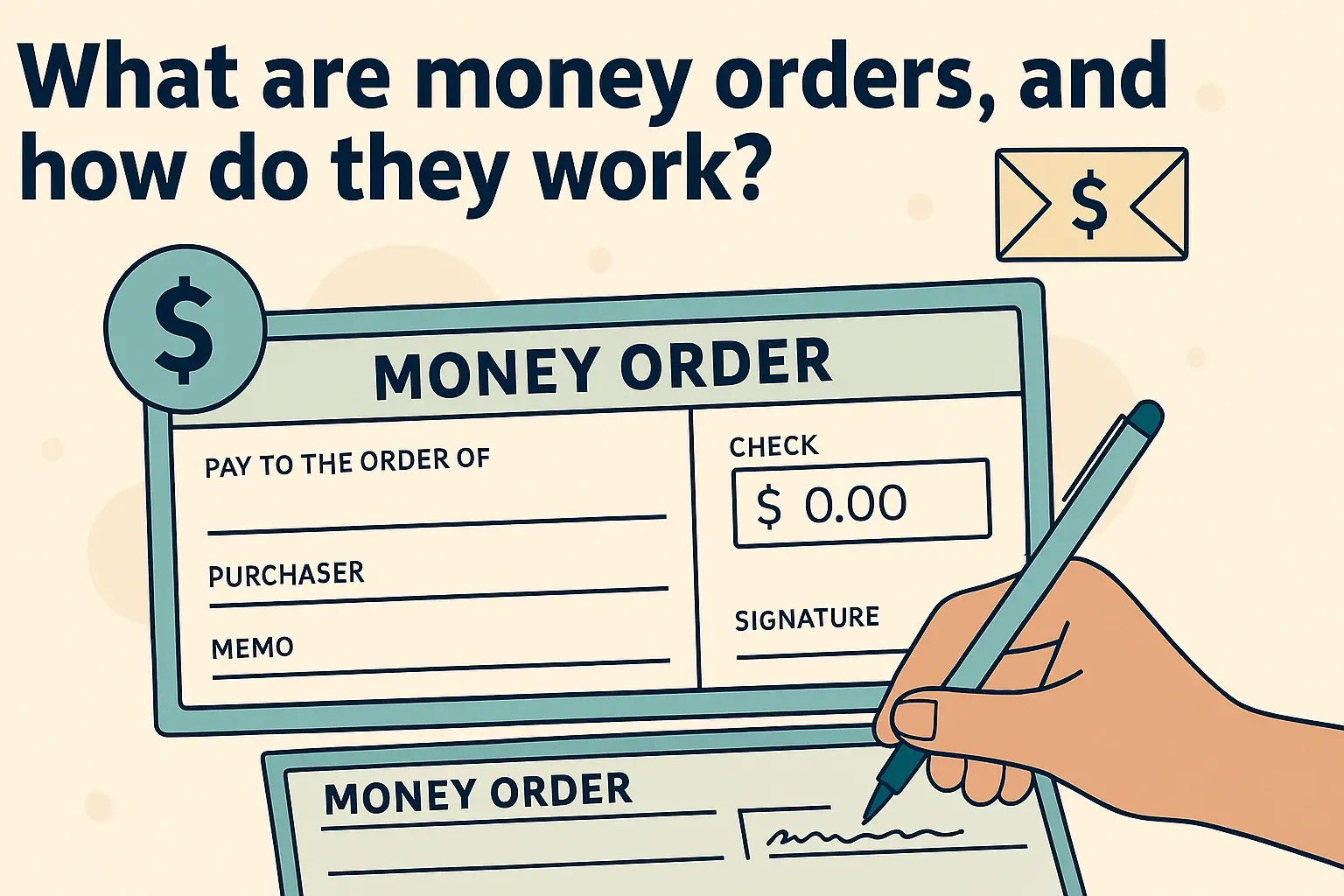-
Posted on: 23 Aug 2024

-
Dreaming of owning your own home but concerned about meeting stringent mortgage requirements? An FHA (Federal Housing Administration) loan might be the answer. FHA loans are government-backed mortgages designed to help first-time homebuyers and those with less-than-perfect credit achieve their homeownership goals. This comprehensive guide will walk you through the key requirements and steps to qualify for an FHA home loan.
What is an FHA Loan?
Before diving into the specifics of qualifying, let's define what an FHA loan is. FHA loans are insured by the Federal Housing Administration, which is part of the U.S. Department of Housing and Urban Development (HUD). This insurance protects lenders in case a borrower defaults on the loan, making them more willing to lend to individuals who might not qualify for conventional mortgages. This government backing allows for lower down payments and less stringent credit requirements compared to conventional loans.
Key Requirements to Qualify for an FHA Loan
Qualifying for an FHA loan involves meeting several criteria. Here's a breakdown of the most important factors lenders consider:
1. Credit Score
Your credit score is a significant factor in determining your eligibility for any loan, including an FHA loan. While FHA loans are more lenient than conventional loans, a good credit score can still significantly improve your chances of approval and help you secure a better interest rate.
- Minimum Credit Score: The minimum credit score required for an FHA loan is typically 500. However, this comes with a caveat.
- Credit Score of 500-579: If your credit score falls between 500 and 579, you will generally be required to make a down payment of at least 10%.
- Credit Score of 580 or Higher: If your credit score is 580 or higher, you may be eligible for a down payment as low as 3.5%.
- Improving Your Credit Score: If your credit score is below the minimum requirements, focus on improving it. Pay down debt, avoid late payments, and review your credit report for any errors. Even a small increase in your credit score can make a big difference.
2. Down Payment
The down payment is the amount of money you pay upfront towards the purchase of your home. As mentioned above, the required down payment for an FHA loan depends on your credit score.
- 3.5% Down Payment: A credit score of 580 or higher typically allows for a down payment of just 3.5% of the purchase price. This is significantly lower than the 20% often required for conventional loans.
- 10% Down Payment: If your credit score is between 500 and 579, you'll need to put down at least 10% of the purchase price.
- Down Payment Assistance Programs: If saving for a down payment is challenging, explore down payment assistance programs offered by state and local governments, as well as non-profit organizations. These programs can provide grants or low-interest loans to help cover your down payment and closing costs.
3. Debt-to-Income Ratio (DTI)
Your debt-to-income ratio (DTI) is a measure of your monthly debt obligations compared to your gross monthly income. Lenders use DTI to assess your ability to manage your monthly payments. A lower DTI indicates that you have more income available to cover your mortgage payments.
- Calculating DTI: To calculate your DTI, add up all your monthly debt payments (including credit cards, student loans, car loans, and any other recurring debts) and divide that sum by your gross monthly income (before taxes).
- Ideal DTI for FHA Loans: While the specific DTI requirements can vary depending on the lender, a DTI of 43% or lower is generally considered acceptable for an FHA loan. Some lenders may approve higher DTIs, especially with compensating factors such as a strong credit history, a large down payment, or significant savings.
- Lowering Your DTI: If your DTI is too high, consider strategies to lower it. This could involve paying down existing debt, increasing your income, or both.
4. Income and Employment Verification
Lenders need to verify that you have a stable and reliable source of income to repay the loan. This typically involves providing documentation such as:
- Pay Stubs: Recent pay stubs (usually covering the past 30 days) to demonstrate your current income.
- W-2 Forms: W-2 forms from the past two years to verify your employment history and annual income.
- Tax Returns: Federal tax returns for the past two years, particularly if you are self-employed or have income from sources other than a traditional employer.
- Bank Statements: Bank statements to show assets and financial stability.
- Employment Verification: The lender may contact your employer to verify your employment status and income.
- Self-Employment Documentation: If you are self-employed, you will likely need to provide additional documentation, such as profit and loss statements, business tax returns, and a balance sheet. Lenders often look for a consistent track record of income over at least two years.
5. FHA Appraisal
An FHA appraisal is required to ensure that the property you are purchasing meets FHA's minimum property standards (MPS). The appraisal also helps determine the fair market value of the home.
- Minimum Property Standards (MPS): The FHA has specific requirements for the condition and safety of the property. The appraiser will look for issues such as structural damage, lead-based paint hazards, and other potential safety concerns.
- Fair Market Value: The appraisal will determine the fair market value of the home. The loan amount cannot exceed the appraised value. If the appraised value is lower than the purchase price, you may need to renegotiate the price with the seller, make a larger down payment, or find another property.
- Addressing Deficiencies: If the appraisal identifies deficiencies that need to be addressed, you may need to work with the seller to have them repaired before the loan can be approved.
6. FHA Mortgage Insurance Premium (MIP)
FHA loans require you to pay mortgage insurance, which protects the lender in case you default on the loan. There are two types of mortgage insurance associated with FHA loans:
- Upfront Mortgage Insurance Premium (UFMIP): This is a one-time fee paid at closing, typically 1.75% of the loan amount. It can be rolled into the loan balance.
- Annual Mortgage Insurance Premium (MIP): This is an ongoing monthly premium that is added to your mortgage payment. The amount of the annual MIP depends on the loan amount, the loan term, and the loan-to-value ratio. This insurance is required for the life of the loan if the Loan to Value ratio is above 90%.
7. Occupancy Requirements
FHA loans are intended for primary residences. This means you must occupy the property as your main home within 60 days of closing and live there for at least one year. You cannot use an FHA loan to purchase an investment property or a vacation home.
Steps to Apply for an FHA Loan
Once you understand the requirements, here are the steps to take to apply for an FHA loan:
- Check Your Credit Score: Obtain a copy of your credit report and check your credit score. Address any errors or inaccuracies.
- Save for a Down Payment: Start saving for your down payment and closing costs. Explore down payment assistance programs if needed.
- Gather Financial Documents: Collect all the necessary financial documents, including pay stubs, W-2 forms, tax returns, and bank statements.
- Get Pre-Approved: Get pre-approved for an FHA loan. This will give you a better idea of how much you can afford and strengthen your offer when you find a home.
- Find a Home: Work with a real estate agent to find a home that meets your needs and budget.
- Make an Offer: Submit an offer on the home you want to purchase.
- Complete the FHA Appraisal: Schedule an FHA appraisal to ensure the property meets FHA's minimum property standards.
- Final Loan Approval: Provide any additional documentation requested by the lender and finalize your loan approval.
- Close on the Loan: Attend the closing and sign the final loan documents.
Tips for a Smooth FHA Loan Application Process
Here are some tips to help you navigate the FHA loan application process smoothly:
- Be Organized: Keep all your financial documents organized and readily available.
- Communicate with Your Lender: Maintain open communication with your lender and promptly respond to any requests for information.
- Avoid Major Purchases: Avoid making any major purchases or opening new credit accounts during the loan application process, as this could negatively impact your credit score and DTI.
- Be Honest: Be honest and transparent with your lender about your financial situation.
- Shop Around: Compare interest rates and fees from different lenders to ensure you are getting the best deal.
- Work with a Knowledgeable Professional: Consider working with a real estate agent and a loan officer who are experienced with FHA loans.
Common FHA Loan Mistakes to Avoid
Avoiding common pitfalls can make your FHA loan journey smoother. Here are some mistakes to avoid:
- Ignoring Credit Score Issues: Don't apply for an FHA loan without first checking and addressing any issues on your credit report.
- Overestimating Affordability: Just because you qualify for a certain loan amount doesn't mean you can comfortably afford it. Consider all associated costs, including property taxes, insurance, and maintenance.
- Neglecting Property Inspection: While the FHA appraisal ensures the property meets minimum standards, a separate home inspection can reveal hidden problems that the appraiser might miss.
- Failing to Understand Loan Terms: Make sure you fully understand the loan terms, including the interest rate, repayment schedule, and any potential penalties.
- Underestimating Closing Costs: Closing costs can add up quickly. Be sure to budget for these expenses, which can include appraisal fees, title insurance, and recording fees.









